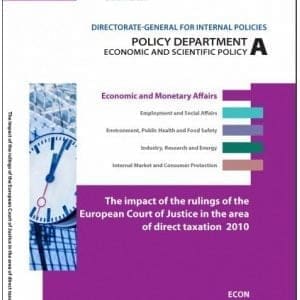Bashkohuni me ekipin tonë. A jeni gati të rrisni biznesin tuaj? Mëso më shumë
Taxation without representation in contemporary rural China
1 €
The financial burdens imposed on peasants have become a major source of discontent in the Chinese countryside and a worrisome source of political and social instability for the Chinese government. Throughout the 1990s and into the new century, much of rural China has been in a state of crisis as tension has grown between the peasant masses and the state.
Farmers who bitterly resented the tax burden began increasingly to protest (sometimes violently) against unpredictable and open-ended financial exactions by predatory local governments. Local rural officials, in turn, are driven by intense pressure to develop and modernize in order to catch up with the more highly developed coastal areas.
- Description
Description
The case studies featured here offer rare insight into Chinese political life in the countryside. This is the first in-depth English study of the problem of aggressive taxation by local governments in contemporary China and its social and political implications. Bernstein and Lu help explain how this has played a large role in defining the relationship between the state and peasants in the reform period. Their analysis adds to the larger debate over whether China’s growing strength could pose a threat to other countries, or whether China’s leaders will be preoccupied with domestic problems such as this one.
The authors also explain why the central government, although often siding with the peasants, has not been able to solve the burden problem by instituting a sound, reliable financial system in the countryside. The regime has, to some extent, sought to empower peasants to defend their interests – informing them about tax rules, expanding the legal system, and instituting village elections – but these attempts have not yet generated enough power from “below” to counter powerful local governments.










